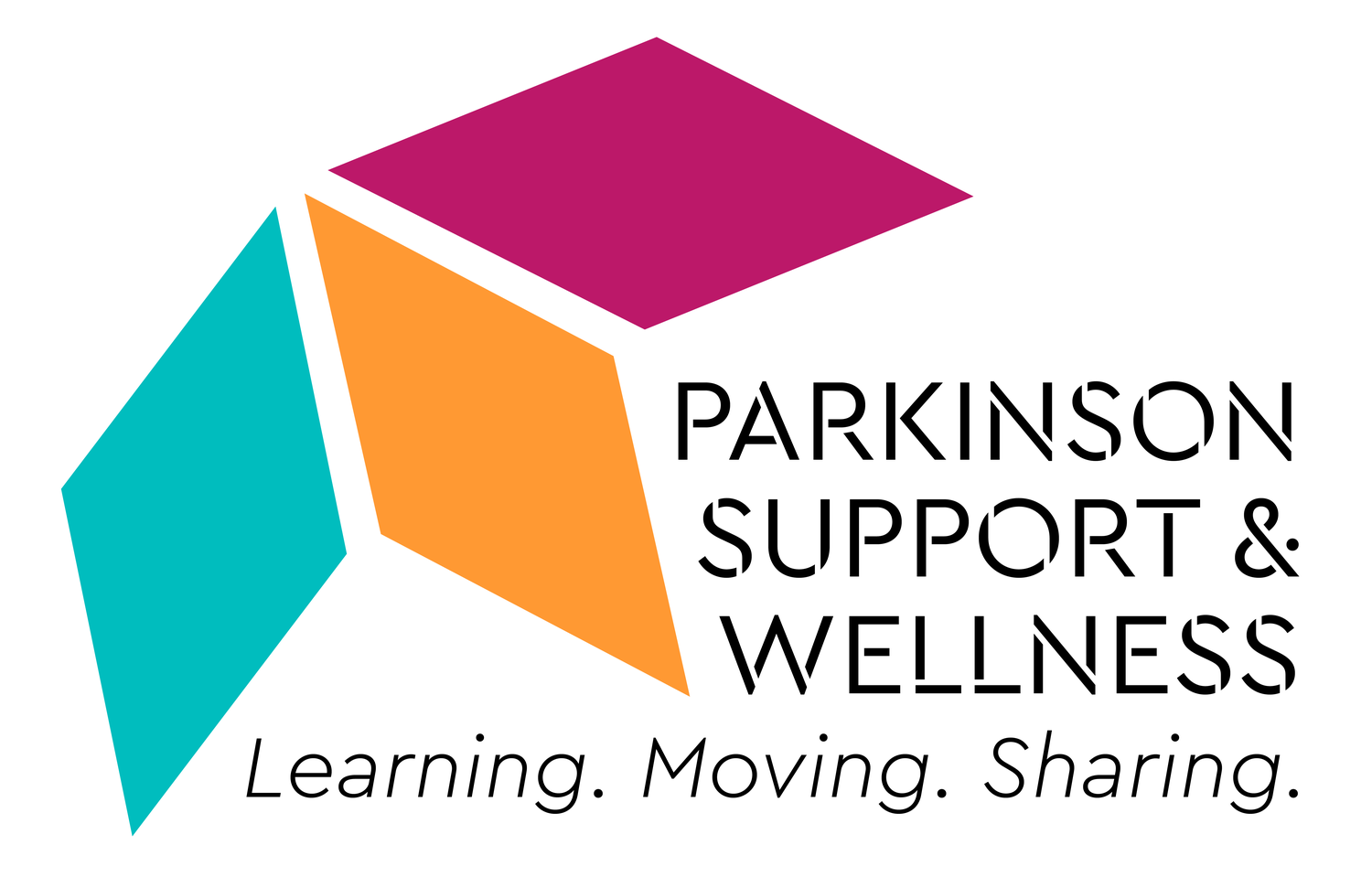I’ve just been diagnosed with Parkinson’s… Now what?
When you’re newly diagnosed, we know there are a million questions about what this means for your life, your family, and your livelihood. We’re here to help.
The most important thing we can tell you upfront is that Parkinson Disease affects each individual differently. Your symptoms may develop gradually or suddenly, range in degree, and you may experience symptoms that other PWPs (Persons with Parkinson’s) don’t or vice-versa. Parkinson Disease is actually an umbrella term used to describe a suite of conditions that all have the same outcome: dopamine is not processed appropriately in the brain. While it’s not always possible to tell exactly where the process is disrupted, this results in symptoms like tremors, rigidity, sleep disturbances, speech problems, and depression. These symptoms can be treated with medications, therapeutic modalities like exercise, and in some cases, surgery. You can find the answers to many basic questions about Parkinson’s on our FAQ page.
As you begin your Parkinson’s journey, know that there is no right or wrong way to go about it. It is a deeply personal path and you will discover what works for you in time. Some people are not ready to be a big part of the PD community right away; others find great comfort in diving in. Right now the options are broader than ever before; many exercise and support groups currently have online or virtual options to allow people to stay connected and moving while adhering to Covid safety guidelines.
Exercise
Exercise groups geared toward PWPs are abundant in the Greater Cincinnati region. Maintaining physical fitness is key for PWPs as the disease progresses and classes will help you to strengthen muscles, improve balance and coordination, increase flexibility, and get some extra dopamine release! We get a lot of questions about what the best kind of exercise for someone with PD is, and the answer is the same as it would be for someone who doesn’t have PD. Ultimately, the best kind of exercise is one that you will actually do. You have to like something to stick with it, and the best strategies for managing PD are the ones that will help you be consistent in the long term.
Support
Support groups are a wonderful place to start if you feel like you advice, strategies for managing PD, or just someone to listen who "gets it.” Most groups are open—meaning that anyone with a relationship to PD is welcome to attend— while others are geared to a more subset of our population, such as caregivers or those with Young Onset PD. There are even groups specifically for people who are newly diagnosed!
Our organization also has two social workers on staff who can help you with a wide array of issues. From finding financial aid with medications, or looking into home modifications, to helping arrange transportation Mary Beth and Becca are tremendous sources of support. To be connected with them, please call our office at 513-558-0113 or email our Executive director Chris.
Education
There is always more to learn about Parkinson Disease— thankfully, more research is being done all the time! We put on an annual educational symposium each April on a specific topic, and our PD Edu series is a deeper dive into a specific subject each month. Once a year we focus on the Basics of Parkinson’s, in which a UC doctor explains the basics of Parkinson’s and a panel of PWPs and care partners discuss living with PD.
After Basics of Parkinson’s, many PWPs who are newly diagnosed still feel the need for more information and support. The 2025 session has already occurred, but you can sign up using the form below to get information about any additional sessions that may be planned.

